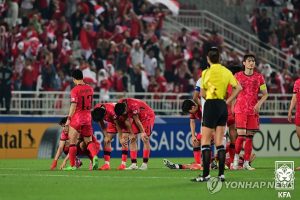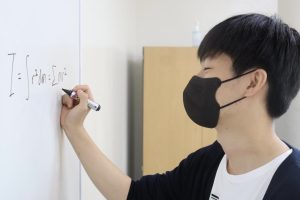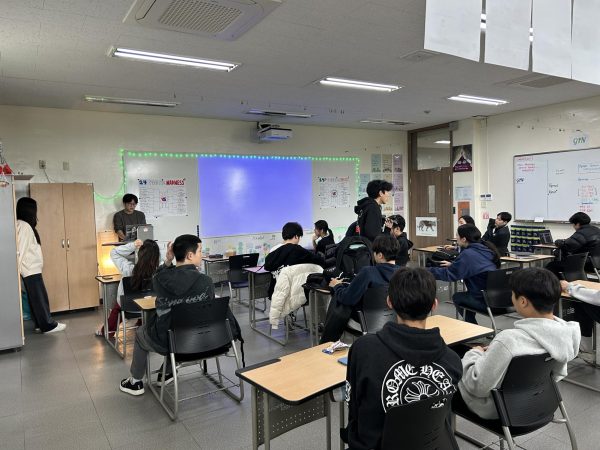Why clubs need a follow-through system

Graphic by Minjae Chun
Nov 8, 2021
At SIS, club executive positions are a way for students to garner leadership skills. However, many executives face difficulties performing the delegated duties to the best of their abilities. This stems from the perpetual cycle of former club leaders failing to pass on their knowledge to underclassmen as they graduate, leaving them woefully unprepared for the future.
Many may argue that COVID-19 has had a significant impact on this persisting problem. Certainly, this factor cannot be overlooked as many conventional club activities have been canceled over the past two school years due to COVID-19 protocols. Hence, with no set precedents from previous years, leaders have faced challenges in continuing club traditions and events.
However, the complication extends from beyond the COVID-19 pandemic. In fact, it is the absence of a solidified follow-through system that stands at the heart of this issue. Without an established framework that mandates former executives to consistently communicate with the newly chosen leaders at the end of the year, seniors often contribute less to their club—especially in the second semester—as many are less motivated once the college application process is over.
Though many underclassmen do occupy positions on executive teams, seniors often tend to dominate clubs due to the SIS culture of seniority among students. As a result, underclassmen executives are usually responsible for assisting the seniors and taking a back seat. This means that underclassmen tend not to get first-hand experience in managing a club, and by the time they become seniors, they will have a more difficult time leading their respective groups with a high level of efficiency and confidence.
By-laws outlining basic guidelines and expectations of both members and the executive team are required for all clubs. But by-laws fail to suffice in helping executives determine how activities have been run in the past and applying that knowledge to the present. The logistical gymnastics of managing finances, sending school-wide reminders, reserving locations, and so many others are tall tasks for leaders with no true experience.
To fully prepare new executives, there should be an expectation that former executives conference with their successors to comprehensively discuss and learn about the inner workings of the club. Admittedly, this approach will not be easy once some seniors get swept away with “senioritis.” Thus, club advisors may assist by supervising and partaking in the multiple sessions throughout the second semester.
Furthermore, club by-laws should adopt a new requirement that underclassmen executives have the opportunity to direct meetings or activities independently. This way, underclassmen executives will be able to pile up their experience of governing a club without being over-reliant on senior executives, while at the same time, having more experienced leaders by their side, ready to lend a helping hand at any time. This exercise will abide by one of the often neglected but invaluable phrases that ‘practice makes perfect,’ ultimately setting future executives up for success.

















